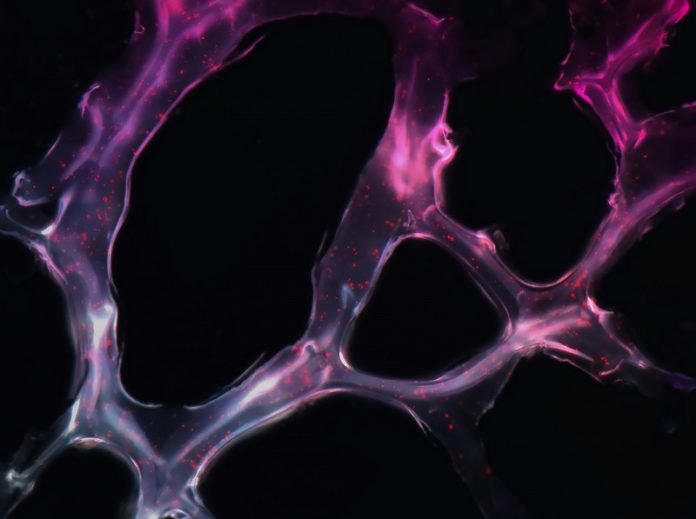
Pancreatic ductal adenocarcinoma (PDAC) stands as one of the most formidable types of pancreatic cancer. It’s so aggressive that only about 8% of those diagnosed live beyond five years.
In the search for effective treatments, a recent study by the Francis Crick Institute has shed light on a promising new target.
Led by Axel Behrens, the research team published their findings in Nature Cell Biology. They focused on a specific group of cells in tumors known as cancer stem cells.
These cells are particularly troublesome because, like healthy stem cells that repair body tissues, cancer stem cells can initiate new tumors and transform into different types of tumor cells. Identifying these cells is crucial for developing new treatments.
The team’s breakthrough came from studying the gene expression of these cancer stem cells.
They found that a protein called CD9 is consistently present on the surface of these cells, both in the early stages of tumor development and in more advanced stages. This makes CD9 a valuable marker for locating cancer stem cells.
But CD9 is more than just a marker. The researchers discovered that it also plays a role in the malignant behavior of these cells. By adjusting the amount of CD9 in tumor cells in mice, they observed a direct impact on the cancer’s aggression.
Lower levels of CD9 led to smaller tumors, whereas higher levels made the cancer cells more aggressive and capable of forming large tumors quickly.
This observation aligns with clinical data showing that patients with higher levels of CD9 in their tumor cells often have a worse prognosis. In fact, around 10% of PDAC patients have elevated levels of CD9.
Delving deeper into how CD9 enhances cancer, the team found that it boosts the rate at which cells take up glutamine. This amino acid is crucial for cancer growth as it provides the energy needed for the cancer to expand.
The significant implication of this study is that it opens the door to new treatments targeting CD9. By focusing on this protein, therapies could potentially cut off the supply of glutamine to the cancer stem cells, effectively starving the cancer.
Such an approach could represent a major advancement in the fight against pancreatic cancer, offering hope for improved treatment options and potentially saving many lives in the future.
If you care about cancer, please read studies about 5 types of bacteria linked to aggressive prostate cancer, and new strategy to treat advanced prostate cancer.
For more information about cancer, please see recent studies about new way to lower risk of prostate cancer spread, and results showing three-drug combo boosts survival in metastatic prostate cancer.
Copyright © 2024 Knowridge Science Report. All rights reserved.



